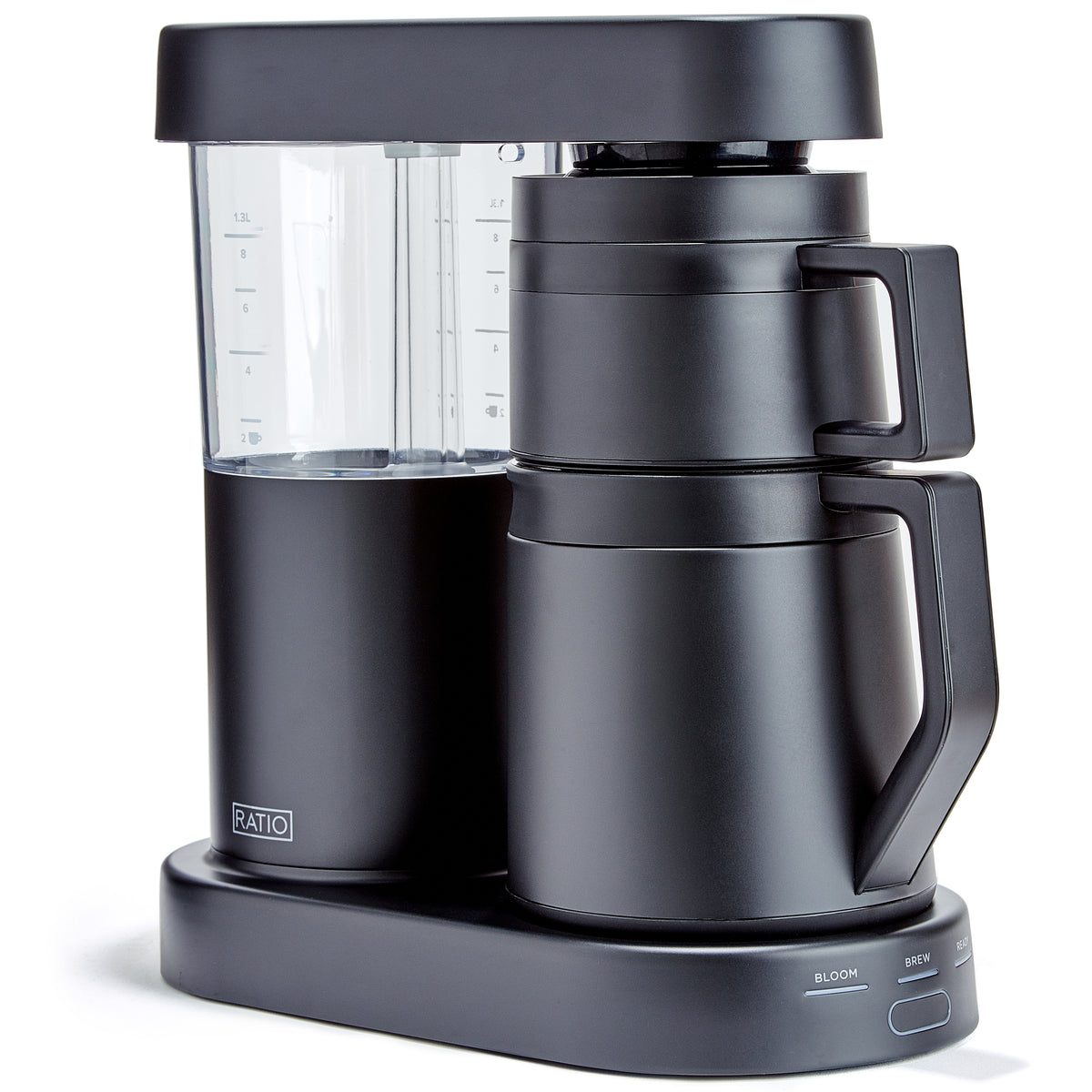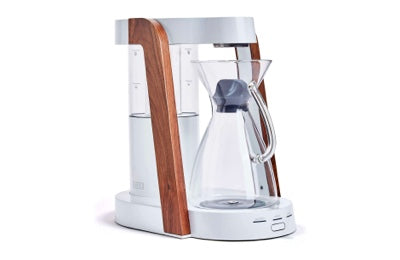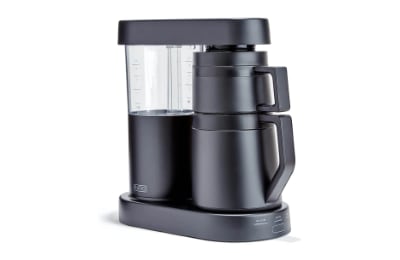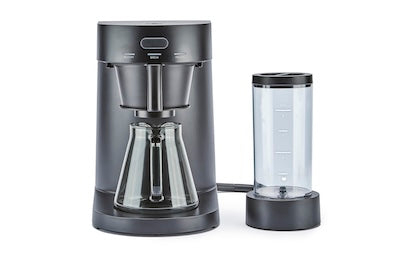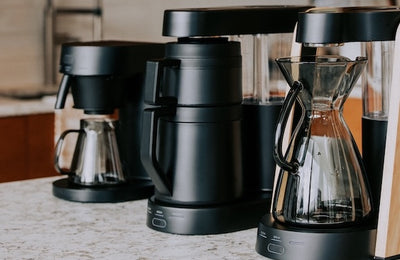Does Coffee Break a Fast? What You Need to Know
When talking about intermittent fasting, a common inquiry arises: "Does coffee break a fast?" The answer isn't black and white; it hinges on nuances within the fasting process. When you sip plain black coffee, you generally stay within the boundaries of your fast. Black coffee is low in calories and can enhance fasting benefits like improved energy levels and mental clarity. However, adding cream, sugar, or other additives can introduce calories, which may interrupt your fast’s metabolic state. Therefore, adhering to plain coffee is crucial if you're aiming to maximize the benefits of fasting without breaking your fast inadvertently.
What is Intermittent Fasting
Intermittent fasting is a dietary practice that involves alternating periods of eating and fasting. This regimen has been practiced throughout history, tracing its evolution from ancient civilizations where fasting was often a spiritual and survival necessity. Today, intermittent fasting is embraced not just for its historical roots but for the potential benefits it offers. Individuals who practice it often experience weight management, enhanced metabolic health, and improved cognitive functioning as part of the fasting benefits.
The practice typically includes various methods such as the 16/8 method, where you fast for 16 hours and eat within an 8-hour window, or the 5:2 approach, which involves eating normally for five days and restricting calories on two non-consecutive days. During fasting periods, beverages like water and plain black coffee are commonly consumed because they contain negligible calories and do not disrupt the fasting state. This conscious balance allows you to harness the benefits while staying true to the regimen. Understanding these core principles can aid you in navigating the interplay between intermittent fasting, the role of black coffee, and the overall efficacy of your fasting journey.

The Role of Coffee in Fasting
Coffee plays a multifaceted role in fasting, significantly influenced by the type of fasting regimen you follow. The primary allure is plain black coffee, which contains minimal calories, ensuring it doesn’t disrupt your fasting state. It's not just about staying within the caloric limits; the beverage is often sought for its ability to invigorate and maintain focus during fasting hours.
Think of fasting as sailing a ship on a journey towards wellness. Just like a steady wind propels the vessel, black coffee can boost your energy and keep you on course, supporting mental clarity while suppressing appetite. This allows you to navigate through intermittent fasting with a bit more ease, leveraging its effects to enhance fasting benefits.
Moreover, caffeine, the core component of coffee, can increase your metabolic rate. This aspect can be particularly advantageous if weight loss is one of your fasting goals. By slightly elevating your metabolism, coffee aids in optimizing the benefits that fasting promises, making it an accessory that complements your journey without tipping the caloric balance.
While coffee is beneficial, it is critical to differentiate between types. Adding cream or sugar introduces calories that can disrupt fasting benefits, undermining your overall fasting objectives. Maintaining the integrity of your fast relies on sticking to black coffee, ensuring that you're maximizing the perks while adhering to the fasting discipline.

Types of Coffee That May Not Break a Fast
Coffee is a beloved staple, especially during fasting, but not all types align with fasting principles. Plain black coffee is a go-to, as it’s devoid of sugars and creamers that can add calories and disrupt a fast. Its zero-calorie nature makes it ideal for maintaining the fasting state while still benefiting from caffeine’s metabolic boost.
Looking at coffee through the lens of fasting purity, we can see that espresso, similar to plain brewed coffee, can fit within fasting parameters when consumed without any additives. Espresso offers a concentrated caffeine punch while keeping calorie count negligible, supporting the intermittent fasting process and enhancing mental alertness.
Another option for those committed to maintaining a fast is cold brew coffee. Its brewing process results in a smoother, less acidic beverage, which may be gentler on your stomach during fasting. Like its hot counterpart, as long as it's consumed without added milk or sweeteners, cold brew remains within fasting-friendly territory.
Innovative methods like incorporating spices such as cinnamon into black coffee can also help enhance flavor without breaking a fast. Cinnamon adds a hint of natural sweetness and has been suggested to offer health benefits which may complement fasting benefits, proving that maintaining a fast doesn’t mean sacrificing flavor.
Nutritional Value of Black Coffee
Black coffee is often praised for its negligible calorie content, making it a staple for those practicing intermittent fasting. Containing virtually no carbohydrates, fats, or protein, plain black coffee supports fasting by offering a potent dose of caffeine without introducing calories that could interfere with your metabolic state or fasting goals.
What most people don’t see about black coffee is the behind-the-scenes detail of its rich profile of antioxidants and essential nutrients. These antioxidants, such as chlorogenic acid, can aid in reducing inflammation and promoting overall health, further complementing the benefits of fasting. It's not merely a caffeine fix but also a complex beverage contributing to your well-being.
In addition to antioxidants, black coffee contains trace amounts of essential B vitamins, including B2, B3, and B5, as well as small amounts of potassium and magnesium. While these nutrients come in modest quantities, they demonstrate that black coffee is not only a component of a fasting regimen but also a source of micronutrients.
Beyond its nutritional value, the unique composition of black coffee can help enhance metabolic rate, which is crucial for those focusing on weight loss during intermittent fasting. This increase in metabolism can assist in effectively utilizing energy, making black coffee an advantageous choice for maintaining fasting benefits while providing a nuanced layer of nutritional support.
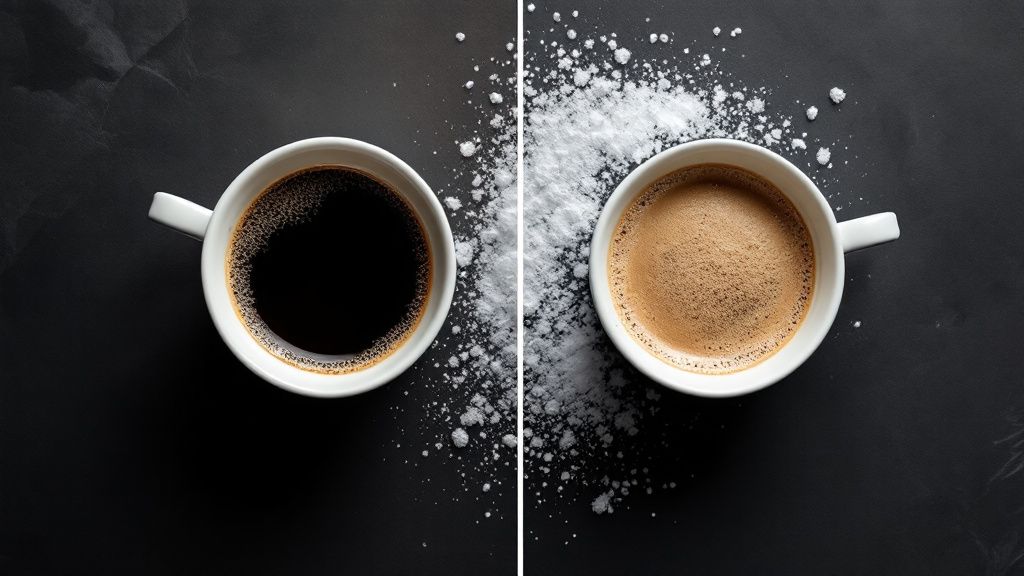
Does Adding Cream or Sugar Impact Fasting
Adding cream or sugar to your coffee can significantly impact the fasting process by introducing calories that disrupt the fasted state. Cream and sugar contain fats and sugars that cause an insulin response, which can interrupt the metabolic state you aim to achieve during intermittent fasting. This shift can minimize the fasting benefits such as improved insulin sensitivity and reduced inflammation.
The inclusion of these additives not only breaks a fast but also undermines the goals many seek through fasting. Many rely on fasting for calorie control and metabolic health improvements, both of which are impacted by the additional caloric intake from cream and sugar.
Looking ahead, intermittent fasting is expected to evolve as more people seek sustainable approaches that blend lifestyle with health. This might lead to new, zero-calorie alternatives that mimic the creaminess or sweetness of additives without impeding fasting benefits. Advances in food technology could provide solutions that maintain the appeal of flavorful coffee without breaking a fast.
Exploring these options can facilitate adherence to fasting while still savoring the complexity of your coffee. Staying informed about these developments ensures you can enjoy your coffee without compromising on the fasting journey you’re on.

How Coffee Affects Metabolism During Fasting
Coffee plays a pivotal role in influencing metabolism during fasting by providing a caffeine boost that enhances calorie burning. The thermogenic effect of caffeine can temporarily increase your metabolic rate, aiding in improved energy expenditure which is particularly beneficial if you're fasting for weight loss. This boost can support the body's natural fat-burning processes while maintaining focus and alertness.
In the context of intermittent fasting, black coffee's impact on metabolism can also contribute to better mental clarity. By stimulating the central nervous system, coffee helps elevate mood and cognitive performance, which can be especially valuable during the fasting phase when you might experience a dip in energy levels.
To make the most of coffee's effect on metabolism during fasting, try timing your coffee intake strategically. Consuming coffee during the end of your fasting window can maximize its fat-burning potential, as energy reserves are typically lower. This approach can enhance the fasting benefits by kick-starting your metabolism as you prepare to break your fast.
Understanding the synergy between coffee and fasting reveals an important tool in supporting your fasting goals. Appropriately incorporating coffee not only preserves but also enhances the metabolic benefits associated with fasting, offering a strategic advantage in your wellness journey.
 Ratio Eight
Ratio Eight
 Ratio Six
Ratio Six
 Ratio Four
Ratio Four
 Compare Machines
Compare Machines

